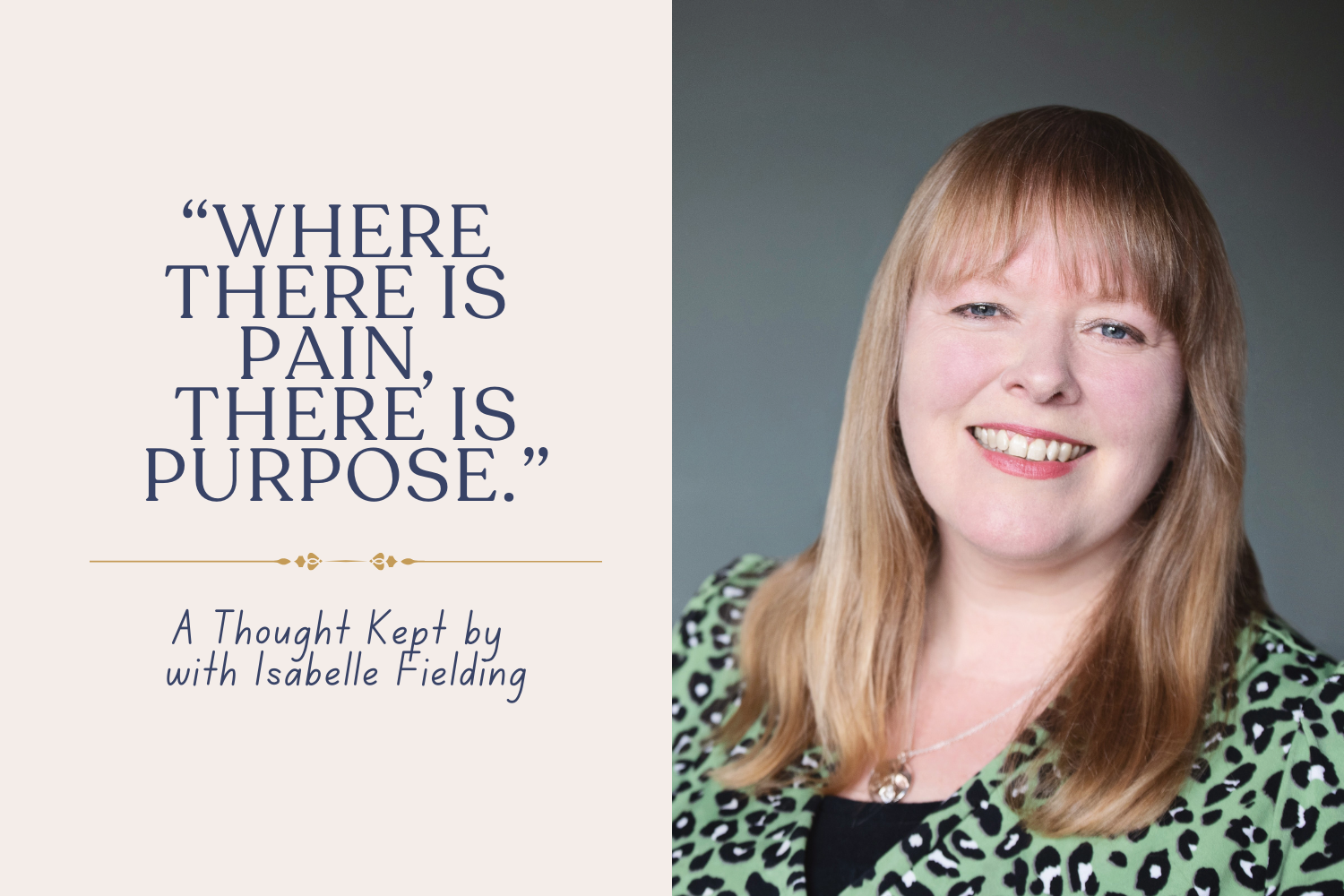How We Cope: The Hidden Language of Emotions, the Body, and Self-Harm
We are taught to say “I’m fine.”
We are rarely taught to notice what we actually feel.
And almost never taught what to do with it.
This week on the podcast, I spoke with Beth Derry — resilience coach, Havening practitioner, and founder of Lovely Messy Humans — about one idea that changed everything for her:
“I'm bringing the realization that I had not actually that so long ago, still in my forties, about the sheer power that our nervous system has over every aspect of our life, our health, our happiness, our relationships, our work, and yet we have not talked about it. And when I started to learn about it and go deeper into it, it really changed everything.”
It made me wonder: What would our lives look like if we were taught nervous system literacy in school?
If we knew that emotional coping isn’t a flaw — but often a biological response?
If we stopped seeing anxiety, anger, or shutdown as personal failures… and started seeing them as signals?
When We Don’t Know How to Cope
When we don't understand our internal worlds — when we push away feelings, or panic in the presence of them — we disconnect. From ourselves. From others. From the cues that could help us come back to safety.
As Beth so gently shared, many of us live in the edges of our window of tolerance. We function. We show up. But we’re often one thing away from emotional overload. Or from total shutdown.
And in those spaces, we might turn to whatever makes the pain disappear.
Even if just for a moment.
Self-Harm and the Misunderstood Body
One of the most powerful parts of this conversation was Beth’s perspective on self-harm — especially among young people. A topic often clouded by fear, shame, or silence.
She explains that self-harm is rarely about wanting to die.
It’s often a desperate attempt to feel something, or regulate overwhelm.
A bid for connection. A tool of survival. A nervous system trying to find relief.
That reframing changed something in me. As a parent. As a coach. As a human who once believed that emotional intensity was a flaw to fix.
We talk a lot about mental health. But nervous system health? Still a gap.
And yet — it’s at the heart of how we process everything.
What I’m Taking With Me
Here are just a few shifts I’m sitting with after this conversation:
Emotions are messengers, not enemies. Every feeling we have — from anxiety to anger to disgust — evolved to help us survive. They’re not the problem. They’re trying to point us to one.
We don’t need to be experts. But we do need to get curious. Especially when we find ourselves spiralling, shutting down, or stuck.
Self-harm isn’t attention-seeking. It’s often connection-seeking. And our first response should always be: safety, gentleness, and holding the door open for conversation.
Talking therapy is powerful — but sometimes we need the body in the room. Beth’s work with Havening is just one example of how physical practices can help calm the nervous system and unlock healing in a different way.
For You, If You’re Feeling Lost
If you’re feeling emotionally full to the brim…
If you’re shut down and not sure how to begin again…
If your teenager seems unreachable…
Or if you simply want to understand why you react the way you do —
This episode is an invitation.
To move slowly.
To get curious.
To stop blaming yourself for feeling everything (or nothing).
To start gently noticing the signals your body has been sending all along.
Listen to this week’s episode: Lovely Messy Humans: Understanding Self-Harm, Emotional Coping, and the Nervous System with Beth Derry. Available now on A Thought I Kept
And if you need more support and understanding as you explore your emotional life, book one of our 1:1 online sessions.






